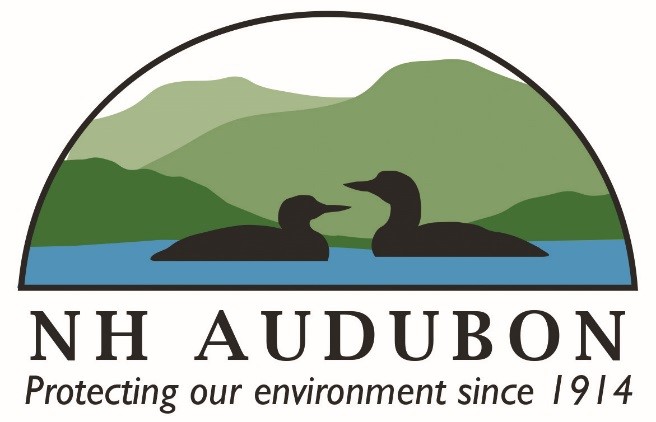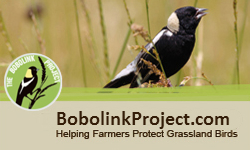AGRARIAN HERITAGE
[ Back to Benefits ]
Heritage. For some the word may seem stuffy or outdated, but in reality it is one of the most modern words there is. Our heritage - the combined places and experiences of ourselves and our ancestors - lives daily through us and our children. For Americans, an important part of our heritage may, ironically, be something very remote from us: agriculture.
Our country was founded by people who worked the land out of necessity and out of enjoyment. Some were actually drawn here by the dream of working a piece of land they could truly call their own and of partaking freely of all they could produce. Their day-to-day lives were shaped and ordered by the seasons, the weather, and the soil.
Not many of us in 21st-century America have that same felt connection with agriculture. Many of us live in suburban or urban locations with little to no access to farms. Our produce comes to us via supermarkets... or perhaps the weekly farmers' market located in a paved parking lot at a busy intersection. It is easy for us to believe that farms don't really matter for us.
Nothing could be further from the truth. Agriculture is as important to us today as it was for our ancestors 200 years ago. Not only does the same occupation provide us with our daily sustenance, it also fills the same void in our spirits. Studies have shown that people have an inherent need to connect with "nature" in some way. That desire motivates us to tend gardens and take hikes and watch birds. It is what drove Henry David Thoreau "to the woods":
I went to the woods because I wished to live deliberately, to front only the essential facts of life, and see if I could not learn what it had to teach, and not, when I came to die, discover that I had not lived. I did not wish to live what was not life, living is so dear; nor did I wish to practise resignation, unless it was quite necessary. I wanted to live deep and suck out all the marrow of life, to live so sturdily and Spartan - like as to put to rout all that was not life, to cut a broad swath and shave close, to drive life into a corner, and reduce it to its lowest terms, and, if it proved to be mean, why then to get the whole and genuine meanness of it, and publish its meanness to the world; or if it were sublime, to know it by experience, and be able to give a true account of it in my next excursion.¹
Farms offer us the opportunity to fill that "nature-void" without resorting to living "Spartan-like" or maintaining exquisite gardens of our own. We can purchase our groceries at an on-farm stand or spend a Saturday morning navigating a corn maze. In addition to completing a mundane chore or enjoying some much-needed family time, we drink in the serenity of well-kept fields and receive a brisk reminder that we really are still creatures of the earth sustained by those who tend the earth.
Participation in the Bobolink Project provides us with one more way to reconnect with our agrarian heritage. By paying farmers to provide wildlife habitat on their farms, we become partners in the process... and partners in nature.
¹Thoreau, Henry David, Walden, (1854) from http://thoreau.eserver.org/walden02.html.





